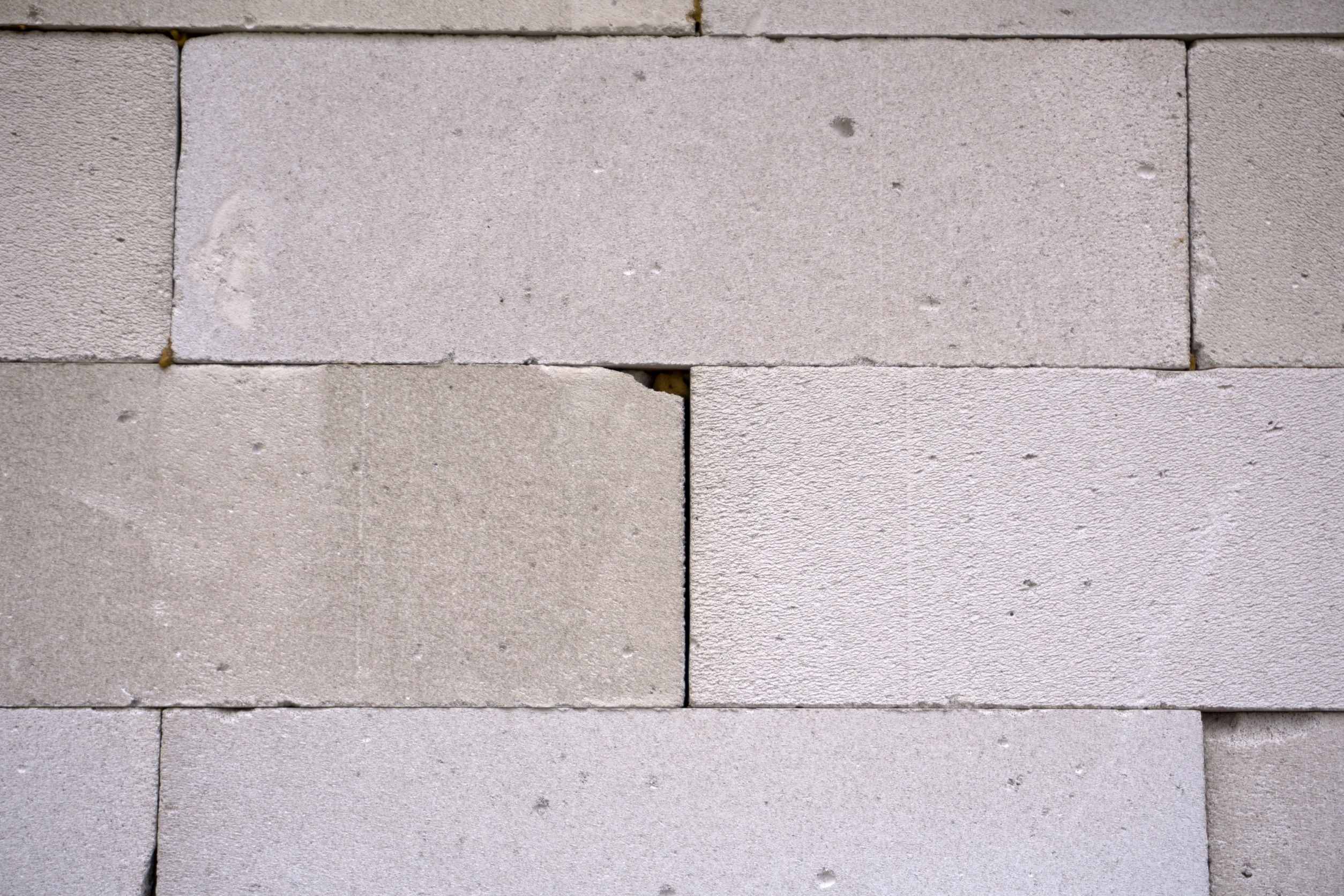In addition to climate change-induced bleaching, Caribbean coral reefs are also plighted by seaweed overgrowth, which covers up the corals, shading them from light and preventing young corals from growing.
As scientists are looking for ways to save these lush ecosystems, a team of researchers from Florida International University has come across an unusual ally: the Caribbean king crab.
Historically, herbivore species like sea urchins kept the seaweed in check, but in the early 1980s, almost the entire Caribbean population died suddenly due to reasons unknown. As a result, the seaweed took over the reefs, not only hampering coral growth but also repelling larval reef fish.
Enter the Caribbean king crabs. Far from being picky eaters, these gigantic crabs will finish off seaweed that other animals avoid, which could help restore the reefs. To put this hypothesis to test, the authors of the study collected hundreds of the crabs from nearby habitats and added them to 24 reefs in the Florida Keys. They then monitored their effects on the corals and fish after two years.
“We were really astounded by the first year’s results where we saw on average about an 80 percent reduction in the seaweeds on those reefs where we put the crabs,” says Mark J. Butler IV, a study co-author.
And while the crabs are native to the region, they are not naturally abundant on reefs as few survive to adulthood. “There are a lot of hungry mouths to feed on a coral reef and the tiny crabs are eaten by quite a few different species,” says Butler. To get around this, Butler and co-author Angelo Jason Spadaro suggest the crabs could be reared in captivity until they are large enough to escape predators.











